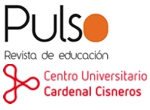Impacto de las aulas de creación en el nivel medio superior: el caso ITESO
Resumen
Resumen: El artículo plantea un análisis etnográfico del impacto de aulas y talleres de creación artística en Educación Media y Superior. Para ello se analiza en profundidad el caso de la red de aulas y talleres artísticos dePromoción Cultural del ITESO, a través de la revisión de un proyecto de investigación que recuperó la experiencia vivida, sirviendo de retroalimentación para la propia institución. En el desarrollo de esta investigación se apunta a una serie de criterios, ya detectados en distintas líneas de investigación, que pudieran favorecer un “enfoque proactivo de la creatividad”, confirmar la figura del artista-pedagogo, poco conocida en el contexto universitario, y un tipo de didáctica que se ha denominado “apreciativa y/o generativa” centrada en la formación de actitudes. Esta experiencia pudiera servir de referente para otras instituciones, a la hora de abrir espacios en forma de redes de conocimiento grupal y afectivo más allá de la educación formal, donde cada institución pudiera construir sus respuestas en función de sus necesidades y contextos. Hemos asistido a un proceso de desarrollo. Se abre el despertar emocional de la creación como proceso evolutivo, donde las ideas se convierten en auténticas vivencias.
Palabras clave: Taller, Creación Artística, Aprendizaje, Desarrollo Evolutivo, Educación Superior.
Abstract: This article presents an ethnographic analysis of the impact of classrooms and workshops of artistic creation and Higher Education. For it is analyzed in depth the case of the network of classrooms and art workshops Cultural Promotion ITESO, through the review of a research project that recovered the experience, serving as feedback for the institution itself. In the development of this research points to a number of criteria, and identified different lines of research that might favor a "proactive approach to creativity," confirm the figure of the artist-educator, little known in the university context, and a type of teaching that has been called "appreciative and / or generative" focused on shaping attitudes. This experience could serve as a model for other institutions, when it comes to open spaces in the form of group and affective networks beyond formal education, where each institution could build their responses according to their needs and knowledge contexts. We have witnessed a process of development. The emotional awakening of creation as an evolutionary process, where ideas become real experiences opens.
Keywords: Workshop, Artistic Creation, Learning, EvolutionaryDevelopment, Higher Education.
http://dx.doi.org/10.7203/eari.7.6842
Texto completo:
PDFReferencias
Beghetto, R. (2006). Creative self-efficacy: Correlates in middle and secondary students. Creative Research Journal, 18, 447-457.
Beghetto, R. y Kaufmann, J. (2010). Nurturing Creativity in the Classroom. Cambridge UniversityPress.
Bisquerra, R. (2012). Las emociones en el aprendizaje. En Competencias de profesor de ELE. III Encuentros Comillas, 10-12 Noviembre de 2011. Fundación Comillas y MEC.
Csikszentmihalyi, M. (1997). Creativity: Flow and the Psychology of Discovery and Invention. New York: Harper Perennial.
Csikszentmihalyi, M. (1998). Finding Flow: The Psychology of Engagement With Everyday Life. Basic Books.
De Bono, E. (1991). El pensamiento lateral. Barcelona: Paidós Ibérica.
Del Río, P. y Álvarez, A. (2007). Escritos sobre arte y educación creativa de Lev S. Vygotski. Madrid: Fundación Infancia y Aprendizaje.
Denzin, N., y Lincoln, S. (2003). Introduction.The discipline and Practice of Qualitative Research. En: Denzin, N., y Lincoln, S. Collecting and Interpreting Qualitative Materials. London: Sage.
Dewey, J. (1949). El arte como experiencia. México: Fondo de Cultura Económica.
Díaz de León, M. L. y Cruz, L. (2001). Recuperación de la experiencia en el proyecto del área de talleres, 2ª etapa. ITESO: México. (Documento inédito).
Díaz de León, M. L. y González, J. (2000). Recuperación de la experiencia en el proyecto del área de talleres, 1ª etapa. ITESO: México. (Documento inédito).
Fairweather, E. y Cramond, B. (2010). Infusing creative and critical thinking into the curriculum together. En Beghetto, R. y Kaufmann, J. Nurturing creativity in the classroom. Cambridge UniversityPress.
Fernández-Berrocal, P., Ruiz-Aranda, D., Extremera, N., Cabello, R. (2009). ¿Es posible crear una escuela emocionalmente inteligente?, 37-55. En Augusto, J.M. (coord.) Estudios en elámbito de la inteligencia emocional. Jaén: Universidad de Jaén.
Fisher, E. (1979). La necesidad del arte. Barcelona: Icaria.
Gardner, H. (1994). Educación artística y desarrollo humano. Buenos Aires: Paidos Educador.
Gardner, H. (1999). Inteligencias múltiples. La teoría en la práctica. Barcelona: Paidós.
Hennessey, B. (2010). Intrinsic motivation and creativity in the classroom: Have we come full circle? En Beghetto, R. y Kaufmann, J. Nurturing creativity in the classroom. Cambridge UniversityPress.
Jové, J. J. (2002). Arte, psicología y educación. Madrid: Machado Libros.
Kaufman, J. y Sternberg, R. (1999). The Cambridge Handbook of Creativity. Cambridge
Kutchins, H. y Kirk, S. A. (1997). Making Us Crazy. DSM: The Psychiatric Bible and the Creation of Mental Disorders. New York/London: The Free Press.
Laferrière, G. (2000). Sesiones de trabajo con los pedagogos de hoy. Ciudad Real: Ñaque
López de la Llave, A. y Pérez-Llantada, M. C. (2006). Psicología para Intérpretes Artísticos. Madrid: Thomson Paraninfo.
López, O. y Lee, M. (2011). Los talleres de apreciación y creación artística para preservación y promoción de la cultura. Contribuciones a las Ciencias Sociales, Julio 2011. Recuperado el 2/05/2014 en http://www.eumed.net/rev/cccss/13/lall.htm
Maffesoli, M. (1997). Elogio de la razón sensible: una visión intuitiva del mundo contemporáneo. Barcelona: Paidós.
Montané, A. (2009a). Universidad, complejidad y arte: texturas educativas. En A. Guillaumin, y O. Ochoa, Hacia otra educación. Miradas desde la complejidad. Xalapa-México: Arana.
Montané, A. (2009b). Profesores-artistas y didáctica generativa: Experiencias educativas en la universidad [En línia] REIRE: Revista d’Innovació i Recerca en Educació, 2, 117-129. Consultado el 22/10/2013 en http://www.raco.cat/index.php/REIRE
Moreno, S. (2002). Aportes de la educación artística a la formación profesional de la persona. México: ITESO. (Documento inédito).
Moreno, S. (2003). Recuperación del proceso formativo de los participantes de los talleres artísticos. México: ITESO. (Documento inédito).
Morín, E. (2001). Los siete saberes necesarios para la educación del futuro. Barcelona: Paidós.
Romo, M. (2013). Algunas investigaciones sobre el impacto de la creatividad en el ámbito educativo. Fundación Marcelino Botín. Consultado el 22/11/2013 en http://www.fundacionbotin.org/innovation-education-platform_good-morning-creativity.htm
Root-Bernstein, R. M. (2002). El secreto de la creatividad. Barcelona: Kairós.
Rose, N. (1998). Inventing Ourselves Psychology, Power and Personhood. Cambridge: Cambridge UniversityPress.
Schön, D. A. (1998). Barcelona: Paidós.
Schwandt, T. (2003). Three epistemological stances for qualitative inquiry: interpretivism, hermeneutics, and social constructionism. En K.D. Norman, & Y. Lincoln, Collecting and Interpreting Qualitative Materials. Londres: Sage.
Steinem, G. (1996). Revolución desde dentro. Madrid: Anagrama.
Sternberg, R. J. y Davidson, M. (2005). (Eds). Conceptions of Giftedness. CambridgeUniversity Press.
Sternberg, R. J. (1986). A triangular theory of love. Psychological Review, 93, 119-135.
Sternberg, R. J. (1997). A Triarchic View of Giftedness: Theory and Practice. In N. Coleangelo& G. A. Davis (Eds.), Handbook of Gifted Education, 43-53. Boston: Allyn and Bacon.
Sternberg, R. J. (1999). The theory of successful intelligence. Psychology Journal: practice and Research, 55 (3), 139-154.
Sternberg, R.J. (1985). Implicit theories of intelligence, creativity and wisdom. Journal of Pesonality and Social Psychology, 49, 607-627.
Vygotsky, L. (2004). Imagination and Creativity in Childhood. Journal of Russian and East European Psychology 42, 7-97. (Original 1931).
Vygotsky, L. S. (1990). La imaginación y el arte en la infancia. Barcelona: Akai. (Original 1932).
Vygotsky, L. S. (2005). Psicología del arte. México: Fontanamara. (Original 1925).
Enlaces refback
- No hay ningún enlace refback.
 Educación artística: revista de investigación (EARI) Los contenidos de Educación artística: revista de investigación se distribuyen bajo una licencia de Creative Commons Reconocimiento-NoComercial 4.0 Internacional. Editor: Institut Universitari de Creativitat i Innovacions EducativesUniversitat de ValènciaISSN: 1695-8403 / e-ISSN: 2254-7592Depósito Legal: V-4226-2002Domicilio postal: C/Serpis, 2946022 València (España)revistaeari@uv.es |
|||
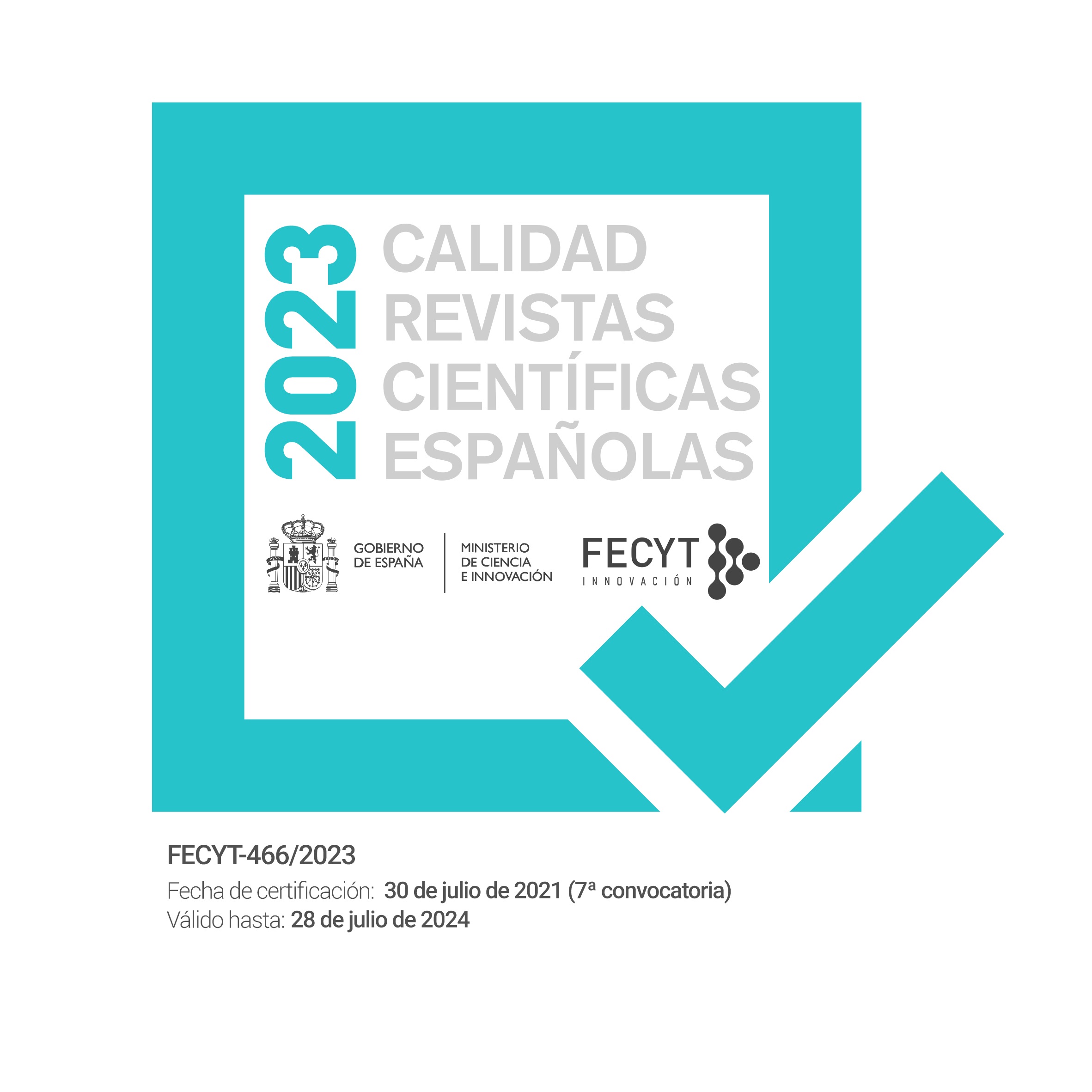 |
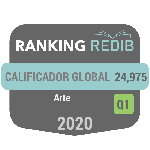 |
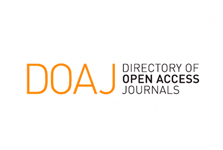 |
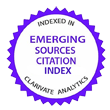 |
Revistas consorciadas

